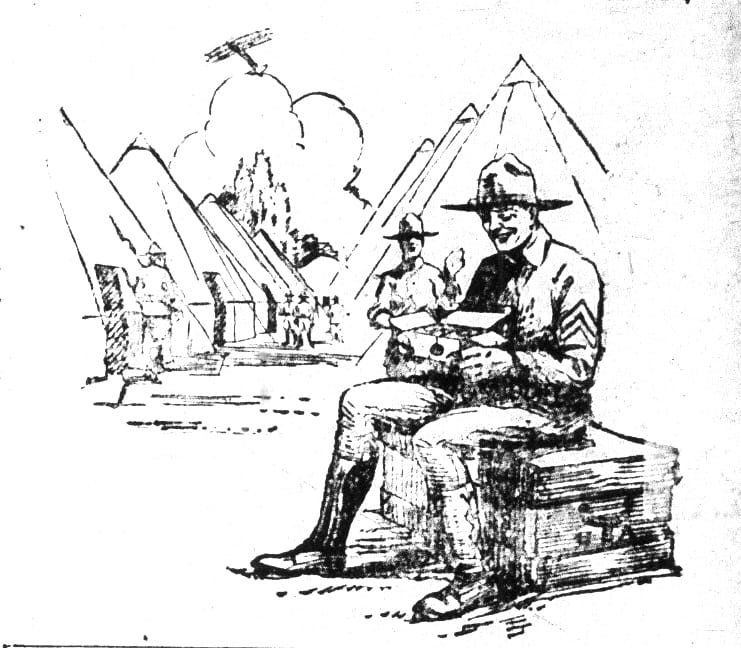With World War I in the rearview mirror, Clark County’s holiday season 100 years ago reflected a hopeful community that was ready for peace.
Much like the present day, workers were gearing up for the new Census, residents were busy preparing for Christmas and New Years festivities, and editorials pushed the ideas of kindness, unity and love.
But it wasn’t all roses and sunshine. As prohibition grew across the United States, a spate of bootlegged wood alcohol poisonings killed 59 and blinded many others, in what might be considered a parallel to the 2019 vape pen deaths and injuries caused by black market products.
Washington also officially became a dry state and ratified an amendment for national prohibition earlier in 1919, ahead of the full national prohibition that began on January 17, 1920.



